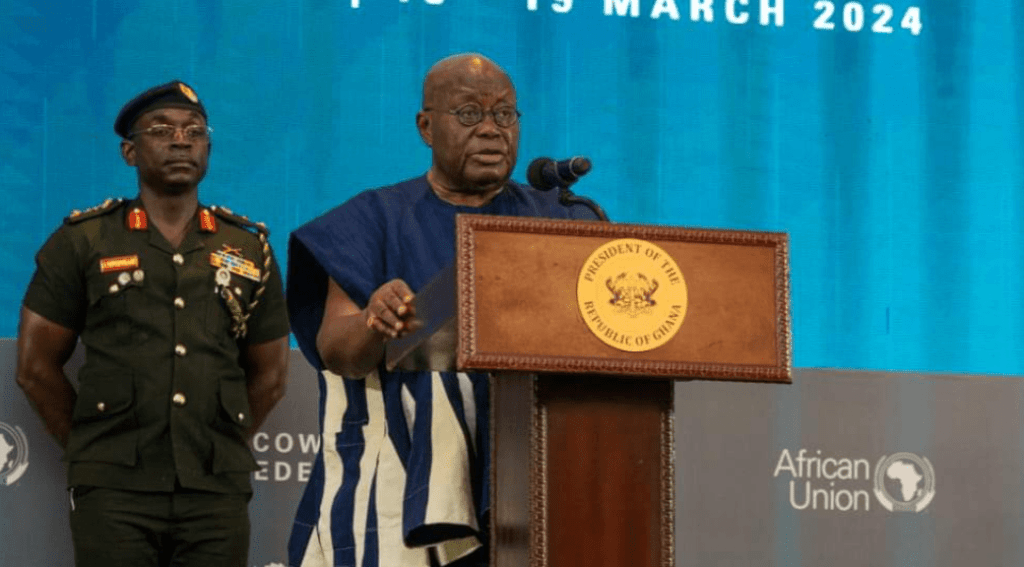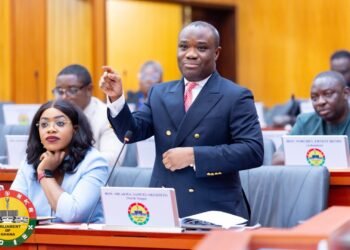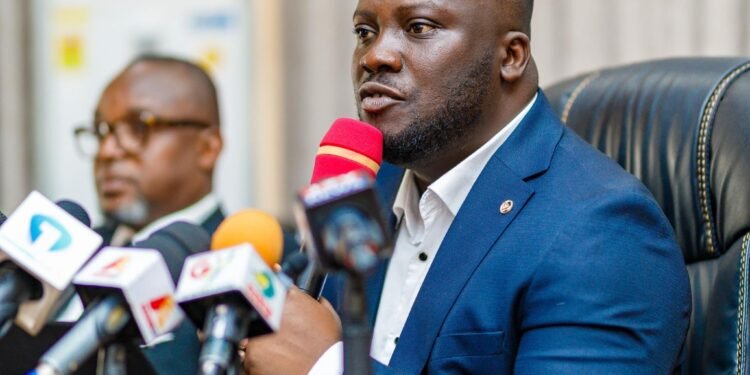The tussle between Parliament and the Presidency appears entrenched, and both sides look determined in the pursuit of their competing objective. While it is a struggle for Parliament to play its oversight role and reassert its independence, the Presidency fights to maintain the “strangulating grip” the executive gained over the legislature in previous years.
Despite the colossal powers granted to the executive, the framers of the Constitution did not envision a feeble legislative chamber in Ghana. They appreciated the imperative of an enhanced Parliament in building and nurturing a virile democracy envisaged for the Country hence Article 93 of the 1992 Constitution.
Subject to the provision of this Constitution, the legislative power of Ghana shall be vested in Parliament and shall be exercised in accordance with this Constitution.
Article 93(2)
Nonetheless, the overbearing powers of the President emanated from the difficulty of whisking then-military leader Jerry Rawlings out of office without derailing Ghana’s transition to a stable democracy and Constitutional rule.
Presidency and Legislature
The New Patriotic Party’s boycott of the maiden legislative election of the Fourth Republic handed the Provisional National Defence Council’s (PNDC) electoral progeny, the National Democratic Congress (NDC) absolute control of Parliament.
This placed Parliament under a leader whose training and inclination were somewhat anti-democratic, and a bad start for legislative independence. The inability of Parliament to intervene and address President Rawlings and his Vice Kow Arkaah’s dispute showed how Parliament was emasculated from its inception.
Until 1997, Ghana’s Parliament had no shade of opposition in it and the essence of Parliamentary oversight and checks and balances was missing in its preceeding years. This conspicuous absence of opposition resulted in the existence of a nimble legislature contrary to the wishes of the framers of Ghana’s Constitution.
Reforms and Reneges
When the New Patriotic Party entered office in 2001, it had lofty wishes and ambitious plans. In a stringent and steady approach, the party removed what it considered obstacles to Ghana’s democratic values and the country’s founding ideal of freedom and justice as captured on Ghana’s Coat of Arms.
Of all the expunged encumbrance, the repeal of the Criminal Libel Law was the most significant. That law restrained media freedom thus enabling the government to act arbitrarily.

In hindsight, isn’t it confounding that the NPP administration did not curtail or touch a fraction of the President’s powers, at least if not the entirety of it? As a second guess, perhaps the delicacy of power.
However, in 2010, then President Atta Mills initiated efforts to reform the Constitution many have come to refer to as “ Rawlings’ Constitution”. With a huge cost and over 50,000 submissions, that is the closest that Ghana has come to reforming its governing document.
The House of Cards
The 2020 Parliamentary elections produced a hung Parliament. Moreover, for the first in the Fourth Republic, the opposition NDC snatched the Speakership of the House from the Governing NPP. It has been a bumpy road thus far.
Are we at the crescendo of the foul cries and insinuations? Time will tell, but things seem very murky at the moment.
Furthermore, despite President Nana Addo’s administration demonstrating both the wit and “ruthlessness” of Machiavelli, under his watch, Ghana has witnessed Parliament at every opportune moment rising to the occasion to reassert its envisioned independence which is also the actual expectation of the average Ghanaian.
The passage of the E-levy saw both strident arguments and fierce resistance. At a point members from the government’s rank threatened to side with the opposition’s motion on the issue.
Alas, the government had its way but the passage of the anti- LGBTQ+ bill has offered Parliament another shot at reclaiming its seceded grounds from overbearing executives. Will this be the final brawl that “liberates” Parliament, or it would end in the anals of a pyrrhic victory of sorts for the legislative Chamber?
READ ALSO: Balancing Legislative Powers with Presidential Assent to Avoid Impasse























